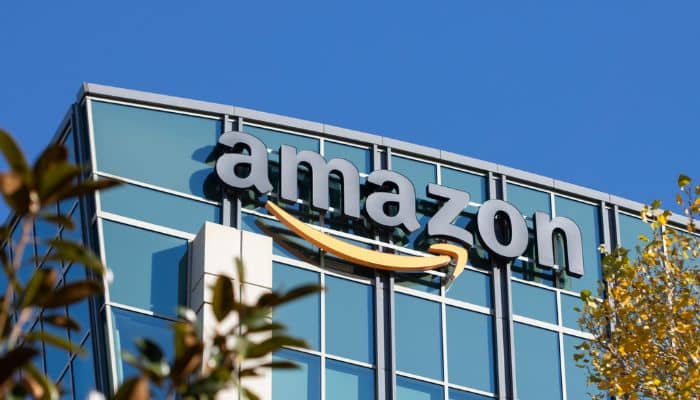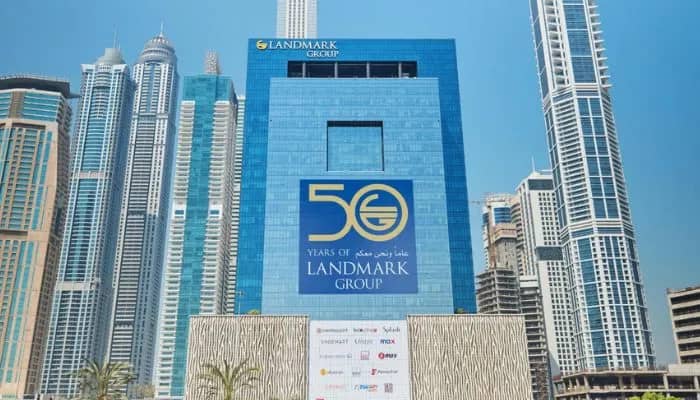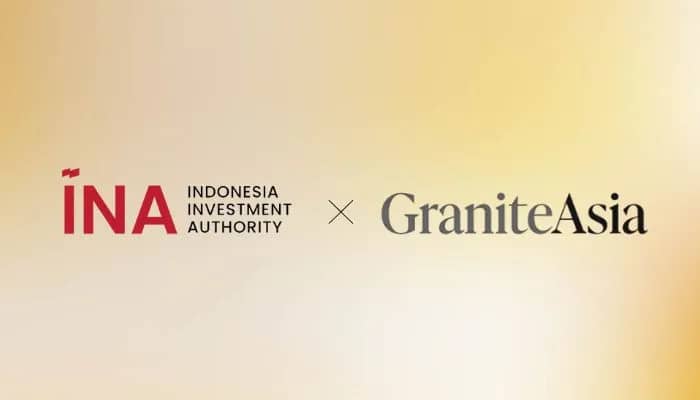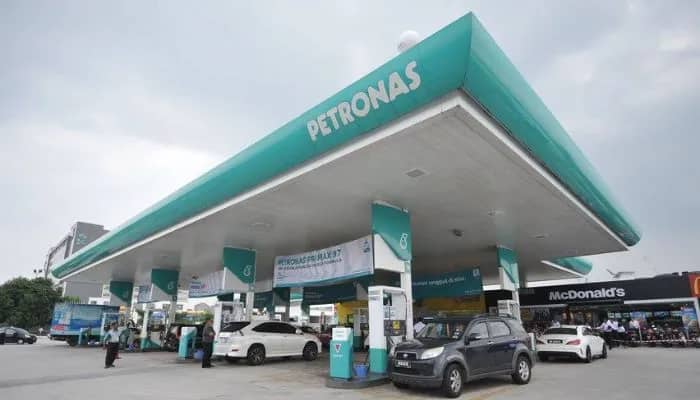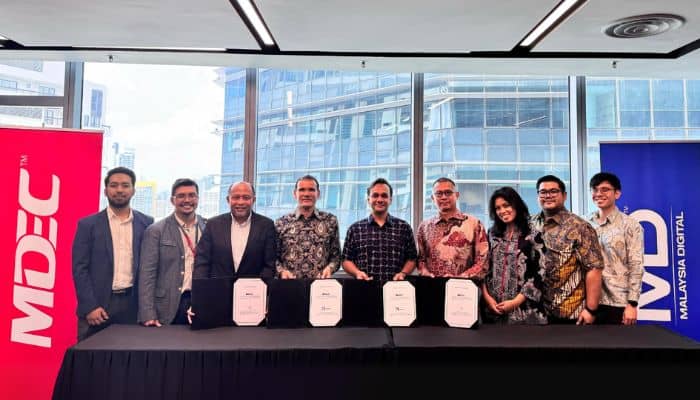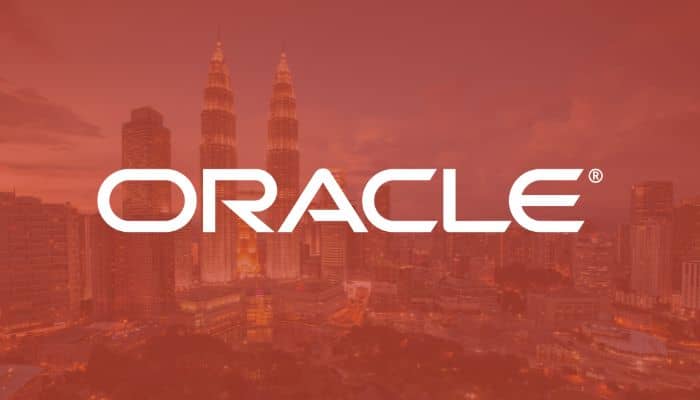Singapore – Amazon has announced that it has invested more than S$2 billion across its retail and cloud businesses in Singapore in 2023. This includes both capital expenditure such as improvements to existing infrastructures, including fulfilment centers, delivery stations, and data centers, and operating expenditure towards technology, safety, expansion of programs for customers, delivery partners, small and medium businesses and employee compensation.
The company’s investment in Singapore supported more than 4,000 indirect jobs in areas like construction, logistics, and other professional services according to third-party consultancy firm Keystone Strategy.
In addition, according to a survey conducted by Amazon, Singapore businesses selling on Amazon have created more than 6,000 jobs to support their Amazon-related business activities. In total, Amazon supported more than 10,000 indirect jobs in Singapore in 2023 alone.
Since the launch of Amazon Prime Now in 2017 (now renamed Amazon Fresh) and Amazon.sg in 2019, Amazon has continued to invest in its operations to offer a faster and more convenient shopping experience for Singapore customers. Amazon’s investments have enabled the company to avail same-day and next-day delivery for eligible products to customers in Singapore.
Moreover, through Amazon Global Selling, Singapore selling partners can export their products to customers around the world on Amazon. Amazon continuously invests in tools, services and programs to improve its selling partners’ experience and help them grow their businesses with Amazon.
Other endeavours Amazon had helped in include Amazon Web Services supporting Singapore’s digital transformation ambition, commitment to support the communities where it operates, as well as investing and innovating in sustainability across its businesses in Singapore.
Peter Li, director of China & Singapore and International Store at Amazon, said, “Since the start of our operations in Singapore in 2010 and the launch of Amazon.sg in 2019, we’ve been able to invest and grow our presence in the country with the support of our customers and selling partner.”
He added, “We’re humbled to see our investments unlock growth opportunities for businesses in Singapore and are proud to continue to support Singapore’s economy and digitisation.”

